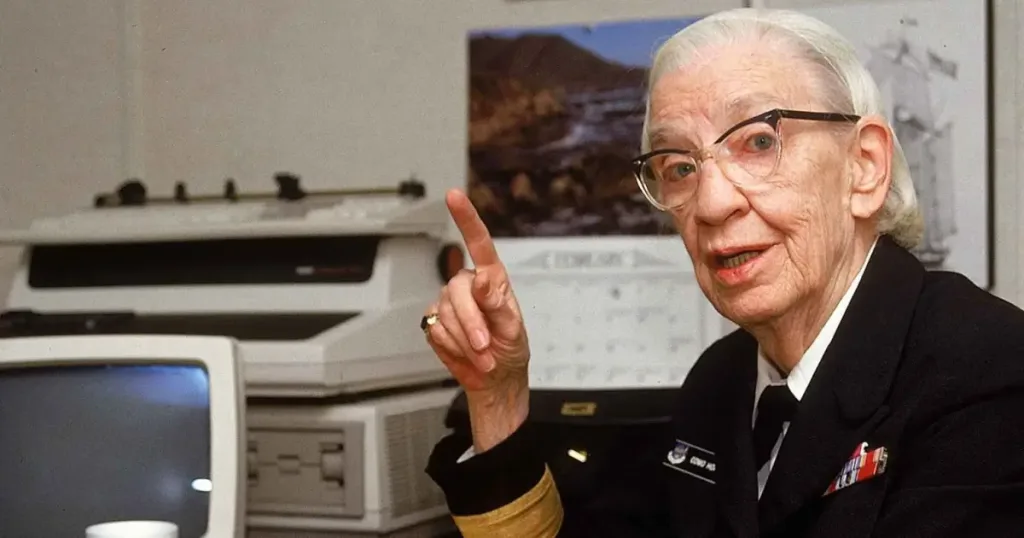Unicorn companies—those valued at over $1 billion—have become symbols of innovation and success. However, fewer than 3% of these billion-dollar enterprises globally are female-founded. Despite these odds, a growing number of women in the Americas are not only breaking barriers but are also leading some of the most influential unicorn startups. Meet some of them here!
The Importance of Female Leadership in Tech and Entrepreneurship
Did you know that women led start-ups are 5 times more likely to be a billion-dollar company than those that are male-led?
The inclusion of diverse perspectives is crucial for fostering innovation and growth. Research by Boston Consulting Group shows that companies with diverse leadership teams generate 19% more revenue than those with less diversity.
When women take the helm in tech, they bring unique experiences and approaches to problem-solving, leading to the creation of innovative solutions that benefit a wider range of users.
Key Statistics on Female-Founded Unicorns in the Americas
While the number of female founders overall is still growing, there’s a positive trend in the Americas. According to
Forbes, the number of female-founded unicorns globally has reached 187, with a significant portion emerging in the Americas. This represents a promising shift towards a more inclusive tech landscape.
Highlighting Key Unicorn Startups and Founders
Let’s meet some of the inspiring female founders leading the charge in the Americas:
BlockFi (USA) – Flori Marquez
Flori Marquez is the President and COO of BlockFi, a leading crypto financial services company. BlockFi is valued at over $3 billion and is at the forefront of innovation in the cryptocurrency space, offering users a secure platform to buy, sell, and earn interest on crypto assets.

Flori Marquez, Co-Founder & COO at BlockFi
Clearbanc (Canada): Michele Romanow
Michele Romanow is a serial entrepreneur and investor who co-founded Clearbanc, a fintech company that provides revenue-based financing for startups. Clearbanc is valued at over $2 billion and is known for its innovative funding model, which allows startups to access capital without giving up equity.

Michele Romanow, Co-Founder & Executive Chairman Clearco
Coursera (USA) – Daphne Koller
Daphne Koller co-founded Coursera, a leading online learning platform that offers massive open online courses (MOOCs) from top universities and companies. Coursera is valued at over $7 billion and is democratizing access to education, providing learners worldwide with opportunities to develop new skills and advance their careers.
Daphne Koller, founder at insitro, engageli, and Coursera
Guild Education (USA): Rachel Carlson
Rachel Carlson is the CEO of Guild Education, a company that partners with employers to provide education benefits to their employees. Guild Education is valued at over $4 billion and is a leader in the workforce development space, helping employees upskill and advance their careers.

Rachel Romer Carlson, Founder and CEO at Guild Education
Loft (Brazil) – Mariana Paixão
Mariana Paixão co-founded Loft, a leading proptech company that streamlines the real estate buying and selling process in Brazil. Loft is valued at over $2.2 billion and is revolutionizing the industry by offering a seamless and tech-enabled experience for both buyers and sellers.

Mariana Paixão, Founder at Melvi and Loft
Lucid Software (USA) – Reiko Kinomoto
Reiko Kinomoto co-founded Lucid Software, a company that develops popular visual collaboration tools like Lucidchart. Lucid Software is valued at over $4 billion and is empowering teams to communicate and collaborate more effectively through its intuitive diagramming and visualization software.

Reiko Imamura, CEO and Founder at Lucid Software
Maven Clinic (USA) – Kate Ryder
Kate Ryder co-founded Maven Clinic, a telehealth platform that provides women and families with convenient access to virtual healthcare. Maven Clinic is valued at over $1 billion and is transforming the healthcare landscape by offering personalized and accessible care.

Kate Ryder, Founder & CEO of Maven
Nubank (Brazil): Cristina Junqueira
Cristina Junqueira co-founded Nubank, a leading digital bank in Brazil, revolutionizing the financial services industry in Latin America. Nubank is valued at over $30 billion and is known for its innovative approach to banking, offering a seamless and user-friendly experience for millions of customers.

Cristina Junqueira, Co-Founder at Nubank
These are just a few examples of the many phenomenal female founders shaping the tech landscape in the Americas. Their stories showcase the power of innovation, determination, and the importance of diverse leadership in driving positive change.
Challenges and Achievements
Despite the progress, female founders still face challenges, including access to funding, mentorship, and navigating a male-dominated industry. However, their achievements are undeniable. Female-founded unicorns are creating jobs, solving critical problems, and inspiring a new generation of entrepreneurs.
Additional Resources
If you’re an aspiring female entrepreneur, don’t be discouraged by the challenges. The tech industry needs your unique perspective and innovative ideas. Here are some resources to help you on your journey:
Closing Thoughts
The rise of female-founded unicorns in the Americas is a testament to the power of female leadership and innovation. These inspiring women are breaking barriers and paving the way for a more inclusive and successful tech future.

International Marketing Leader, specialized in tech. Proud to have built marketing and business generation structures for some of the fastest-growing SaaS companies on both sides of the Atlantic (UK, DACH, Iberia, LatAm, and NorthAm). Big fan of motherhood, world music, marketing, and backpacking. A little bit nerdy too!








